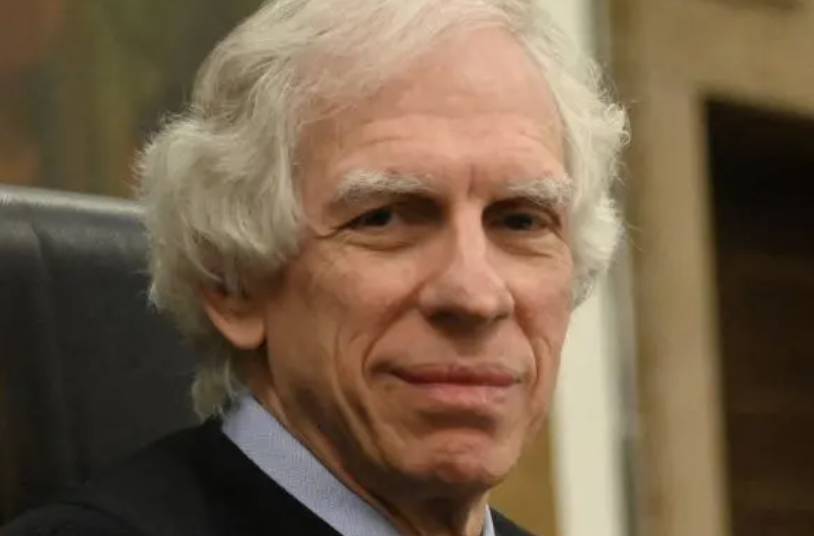Investigation Launched Into Judge Engoron over What Happened Before Trump Verdict

The New York State Commission on Judicial Conduct has initiated an investigation into assertions made by a New York real estate attorney regarding his purported consultation with Judge Arthur Engoron in the case involving former President Donald Trump.
Attorney Adam Leitman Bailey disclosed to WNBC-TV that he engaged in a conversation with Engoron at the courthouse three weeks before the judge imposed a $454 million penalty on Trump for allegedly inflating the value of his assets.
While New York judges are prohibited from considering external opinions when adjudicating a case, Bailey claimed that he extensively discussed legal matters with the judge.
"I had the opportunity to speak to him three weeks ago," Bailey revealed in an interview with the station on February 16, just prior to the judge's ruling. "I spotted him at the courthouse, and I felt compelled to approach him," he recounted. "We engaged in a discussion... I wanted him to understand my perspective and rationale... I truly wanted him to render a just decision," the attorney elaborated.
Bailey asserted his familiarity with Engoron, having appeared before him "hundreds of times" in his professional capacity. "He had inquiries regarding certain cases. We deliberated on them," Bailey recalled.
He claimed to have conveyed to Engoron the broad repercussions of ruling against Trump, emphasizing the potential adverse effects on New York's economy. Bailey contended that imposing a hefty fine on Trump and forcing the closure of his business could instill fear in other companies, who might perceive themselves as vulnerable to similar targeting in the absence of actual damages or victims, as purported in this case.
Similar arguments were presented by Trump's legal team, which Engoron allegedly disregarded in his judgment.
In a subsequent interview with WNBC, Bailey slightly revised his statements, asserting that they "did not explicitly mention 'Donald Trump'" during their conversation. Nevertheless, Bailey conceded that the subject matter was implicitly understood. "Well, obviously, we weren't discussing the Mets," Bailey quipped.
Per the New York State Rules of Judicial Conduct, "a judge shall not initiate, permit, or consider ex parte communications, or consider other communications made to the judge outside the presence of the parties or their lawyers."
While Engoron may solicit advice from an impartial expert, such communication necessitates notification to all involved parties, affording them an opportunity to respond.
Al Baker, a spokesperson for the state's Office of Court Administration, refuted claims of the judge's misconduct. "The decision rendered by Justice Engoron on February 16 was independent, thoroughly deliberated, and uninfluenced by this individual," Baker stated, as reported by WNBC.
Bailey, although expressing his disapproval of Trump, does not automatically guarantee the veracity of his statements. Notably, his legal license was suspended in 2019 for allegedly advising a party in a case to "just kill themselves," as determined by an appellate court.
However, even without Bailey's allegations, questions linger regarding Engoron's judicial conduct and application of the law.
It appears evident that certain factions in New York, including Engoron and Democratic New York Attorney General Letitia James, singled out the former president.
James initiated the civil lawsuit, and Engoron subsequently imposed a substantial penalty, substantially reducing Trump's wealth, had it not been subsequently reduced to $175 million.
This was done despite scant evidence, essentially criminalizing a common business practice integral to borrower-lender negotiations.
While it remains unclear whether Engoron acted upon Bailey's advice, it is apparent that the judge was pursuing an agenda unrelated to impartial justice.